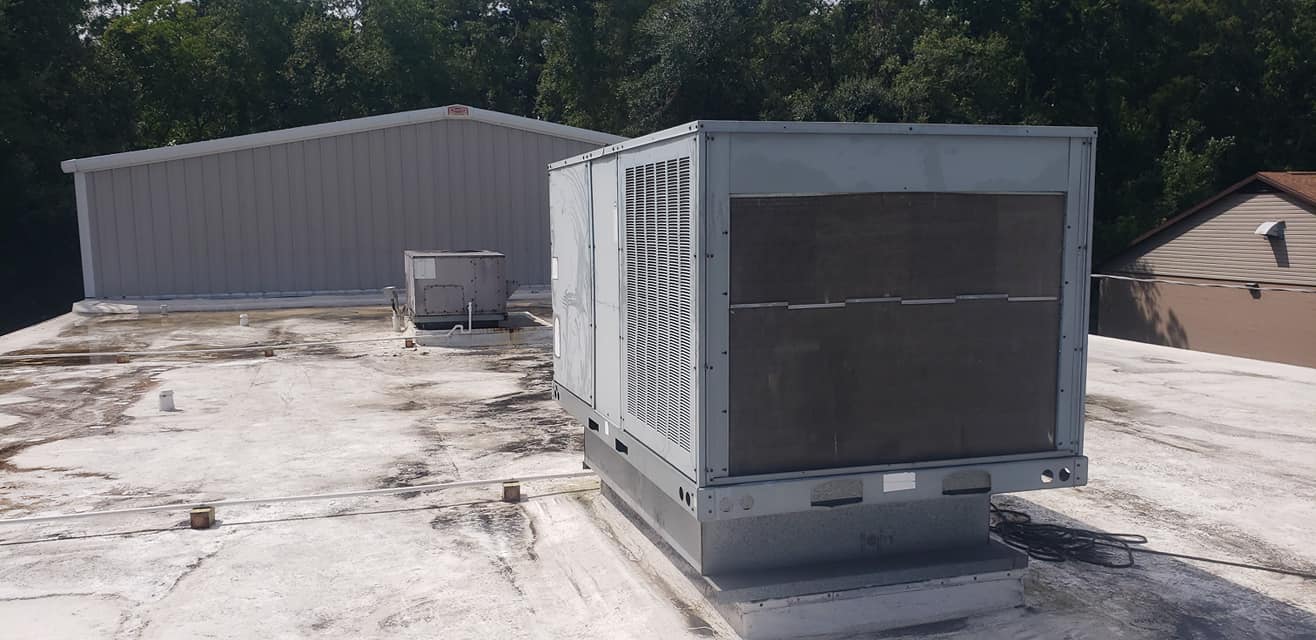
The Ultimate Guide to Choosing the Right HVAC System for Your Home Oct 24, 2025
When selecting an HVAC system, the first step is understanding the types of systems available. The most common options include central air conditioning, heat pumps, ductless mini-splits, and packaged heating and air units. Each has its advantages and is suitable for different home requirements.
Central air conditioning is a popular choice for its ability to cool entire homes efficiently. It requires ductwork to distribute air, making it ideal for homes with existing duct systems. Heat pumps, on the other hand, offer the benefit of both heating and cooling in one unit, using outside air to regulate indoor temperature. They are known for being energy-efficient and are becoming a preferred choice for homeowners looking to reduce energy consumption.
If your home lacks ductwork or you are looking for a flexible option, ductless mini-split systems might be the answer. These systems provide zoned heating and cooling, allowing you to control the temperature in individual rooms without the need for ducts. This can lead to significant energy savings, as you can choose to heat or cool only the spaces you use.
Another option is packaged heating and air units, which include all components in a single unit. These are primarily used in homes with limited indoor space, as they are typically installed outside or on the roof.
Size is another critical factor in choosing an HVAC system. An oversized or undersized unit can lead to inefficient operation, higher energy bills, and reduced comfort. It's crucial to determine the correct size based on your home's square footage, insulation levels, and local climate. Conducting a proper load calculation with a professional, like those at Tri-State HVAC Solutions LLC, can ensure you get the right size unit for your home.
Energy efficiency should also be a key consideration. Look for systems with high Seasonal Energy Efficiency Ratio (SEER) ratings for air conditioners and Heat Seasonal Performance Factor (HSPF) ratings for heat pumps. Investing in efficient systems can lower your energy bills and reduce your carbon footprint, all while keeping your home comfortable year-round.
Don't overlook the importance of air quality features when selecting an HVAC system. A system equipped with advanced filtration and humidity control can improve indoor air quality, which is crucial for health and comfort, particularly for those with allergies or respiratory conditions.
Before making a purchase, consider your budget, including the initial installation cost and the long-term operating costs of the system. A more efficient system might have a higher upfront cost but can save you money in the long run. Be sure to consult with HVAC professionals who can provide insights into the best system for your budget and needs.
In conclusion, choosing the right HVAC system requires careful consideration of several factors, including system type, size, efficiency, air quality features, and budget. By understanding your options and consulting with experienced professionals at Tri-State HVAC Solutions LLC, you can find a system that provides lasting comfort and energy efficiency for your home. Make sure to weigh your options carefully and ensure your investment delivers the benefits you desire for a comfortable and efficient home environment.
/filters:no_upscale()/media/aff9774a-9160-4b71-b781-592150c657dc.jpeg)
/filters:no_upscale()/filters:format(webp)/media/cb132485-2e04-4f36-bb74-630e7d6a3999.jpeg)